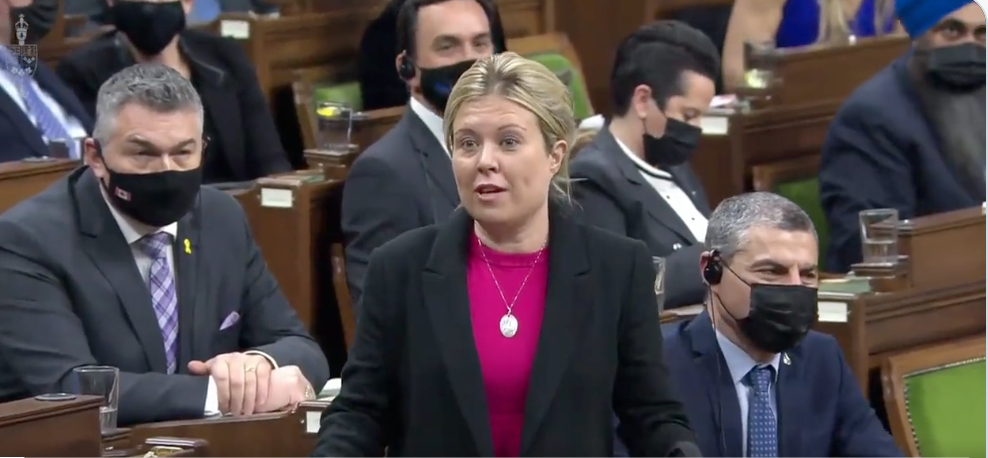Here’s why we can’t let them succeed. Plus, a bonus segment about publishing long-form pieces as a Member of Parliament.
This week’s inflation numbers show a long way to go before inflation drops to target levels of 2%. So there’s probably a pretty good chance that right now, as you’re reading this, you’re worried about something related to the current cost of living crisis.
That something could be the insane price of food or if you’ll be able to make a mortgage or car payment, given recent historic rises in interest rates. These are big issues with big impacts on Canadians.
At the same time, the concerns I’ve been wrestling with as a legislator are even more troubling.
Will the federal government be able to address some of the underlying structural causes of inflation, or will they make things worse? Will the Bank of Canada’s massive interest rate hikes be enough to cool down inflation, or will they cause a deeper recession? And, does anyone in either of these organizations care about how failure on either front could have a massive negative impact, or do they care more about covering their behinds?
My concerns over these issues deepened upon reading a recent Globe and Mail piece entitled, “We’ll never get back to low inflation, and we shouldn’t even try .” This is no longer a unique point of view. Many other news outlets are featuring articles suggesting that high inflation isn’t going away.
The issue with those pieces isn’t that their authors are raising false concerns. North American inflation is, in fact, profoundly impacted by things like global labour shortages, brittle global supply chains, and the paucity of North American capacity to supply its consumer demand.
Instead, the issue is the defeatist tone with which these challenges are being met.
There’s an emerging narrative designed to make the public think there are not many things leaders or central banks can do to fix these systemic issues.
And that narrative is largely bullshit.
That’s because “there’s not much we can do” and “inflation is never coming back down to 2%” are talking points designed to cover the backsides of the very people whose lack of foresight allowed flawed economic modeling to justify political decisions to extend exorbitant deficit spending past the early days of the pandemic. These are the same people who tried to explain the inflationary crisis away in its early days as a temporary problem knowing full well that systemic inflationary pressures existed before the pandemic, but were then exacerbated in recent years due to pandemic restrictions, pandemic deficit spending, overregulation, and ineffectiveness in government.
A more accurate take would be that it will take a lot of hard work and innovative thinking from the government and industry to solve these problems, but that doesn’t mean it can’t be done.
If the public allows the former narrative to take root, policymakers and central bankers won’t be held accountable for taking action that, while challenging to accomplish, could help fix some of these issues. For example, Econosphere’s Peter Hall wrote an excellent piece last week outlining potential solutions to labour shortages. The government could be working with industry and organized labor leaders trying to reshore manufacturing capacity, particularly when it comes to significant regulatory and tax reform that would make these things easier to accomplish. And Postmedia’s Kevin Carmichael recently wrote about the issues at the Bank of Canada that need to be resolved to prevent further damage from being meted out to Canadian consumers. And even current Bank of Canada Governor Tiff Macklem, who has presided over much of this mess, has conceded that the government needs to rethink deficit spending in light of the inflationary crisis.
For inflation to fall back to a more manageable level of 2% from its current rate of 6.3%, Prime Minister Trudeau must address these issues – including the government hemorrhaging money it doesn’t have and can’t afford to spend. A plan to get this job done must be top of mind for his cabinet at their upcoming retreat in Hamilton.
That’s because a shrug of his shoulders accompanied by a “meh, it’s going to be what it’s going to be” will damn Canadians to being unable to make ends meet for a long time.




























